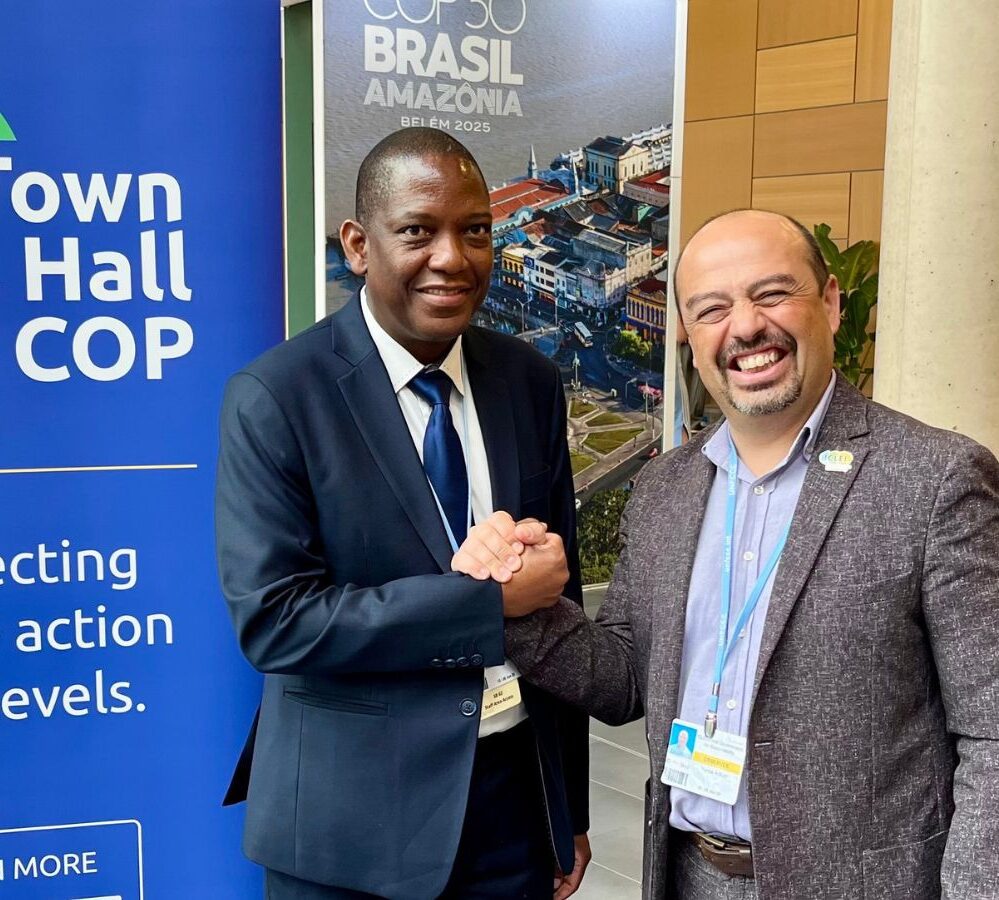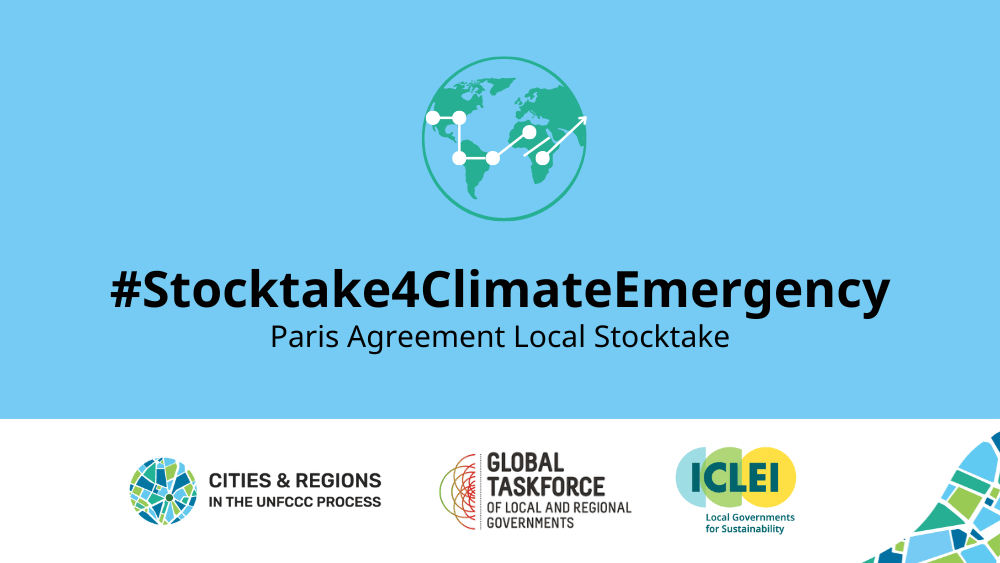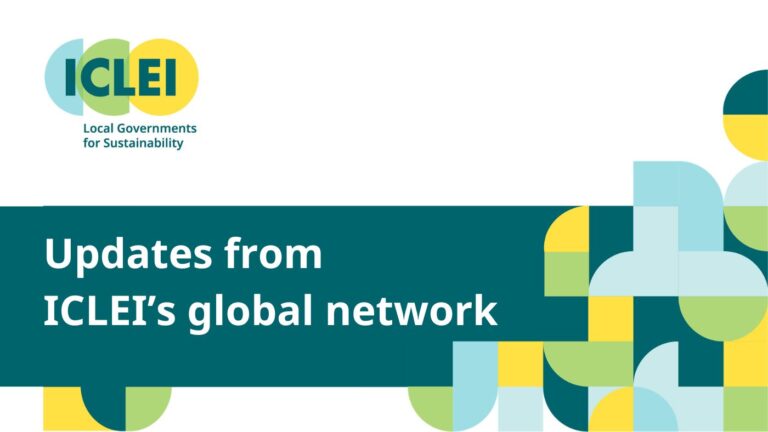Since its Earth Day launch in April 2025, ICLEI’s Town Hall COP Initiative has rapidly emerged as a new way to turn global climate ambitions into locally grounded action. These locally-led climate summits bring together residents, local governments, civil society, and national leaders, offering communities a seat at the table in shaping climate policy.
More than 85 local governments and NGOs across over 40 countries have registered to host events that are community-led, nationally relevant, and transformation-oriented. Early events have taken place in Greater Sydney (Australia), Campinas (Brazil), Pohang (Republic of Korea), İzmir and Muğla (Türkiye), Malmö (Sweden), Riverside and Penn State University (USA), Kampala and the Kyangwali Refugee Settlement (Uganda), and Macau (China).
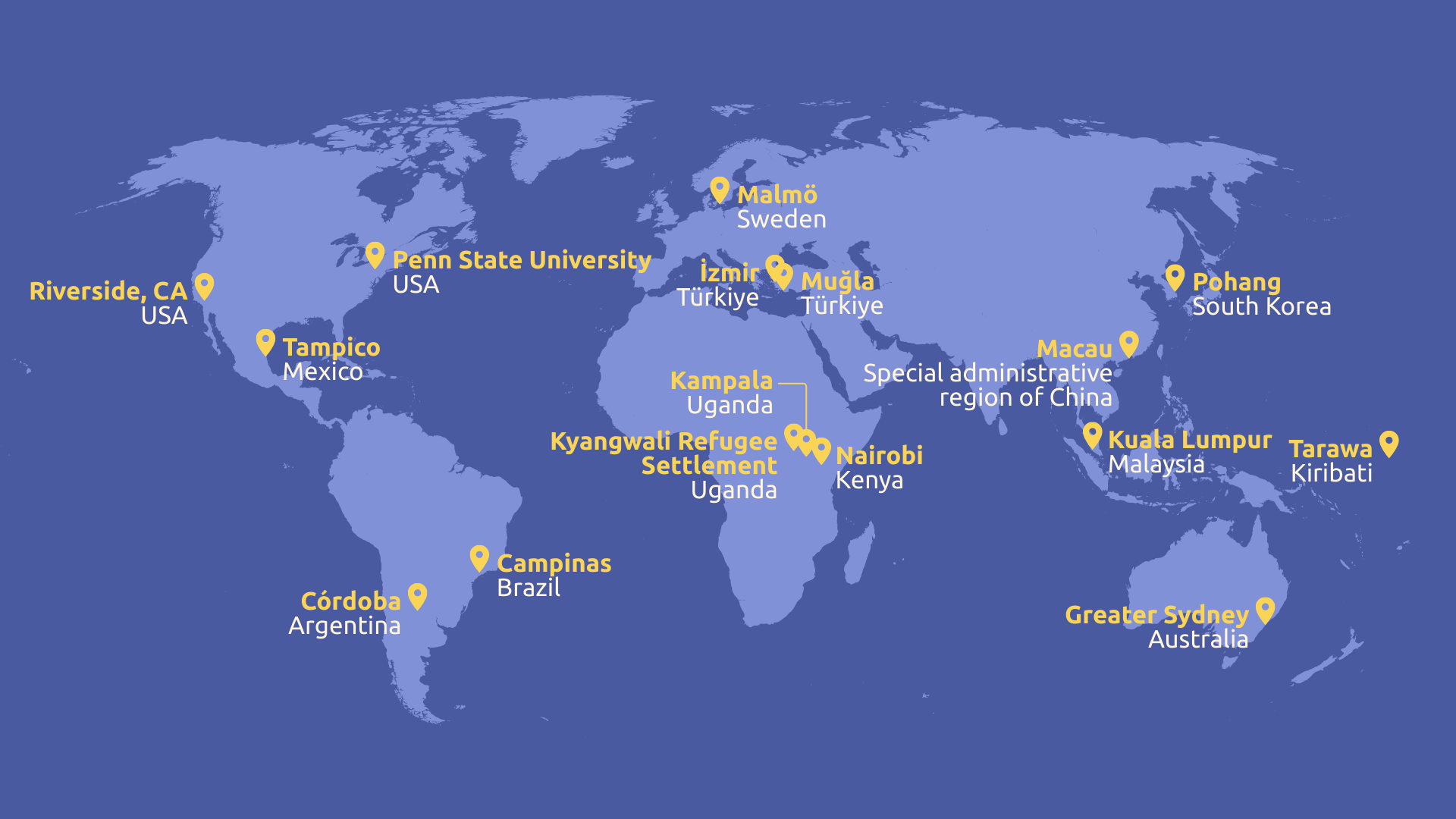
Connecting local voices to national leaders
The first in the ASEAN region, the recent Kuala Lumpur Town Hall COP set a powerful example. With participation from Malaysia’s Housing and Local Government Minister and ICLEI leadership, the summit emphasized how cities can shape climate action, from local policy to global climate summits like COP30.
Announced by Mr. Nga Kor Ming, in his capacity as the Minister of Housing of Malaysia and the President of the UN-Habitat Assembly the Kuala Lumpur Call to action for COP30 highlights convening national editions of urban and climate ministerials throughout Urban October, encouraging Town Hall COPs as bottom-up platforms, actively engaging in COP30 Action Agenda on cities, and supporting the two-week-long Cities and Regions Hub at COP30, creating a network of Urban Ministers for Climate, and requesting a mechanism for including multi-level climate action as the legacy of COP30.
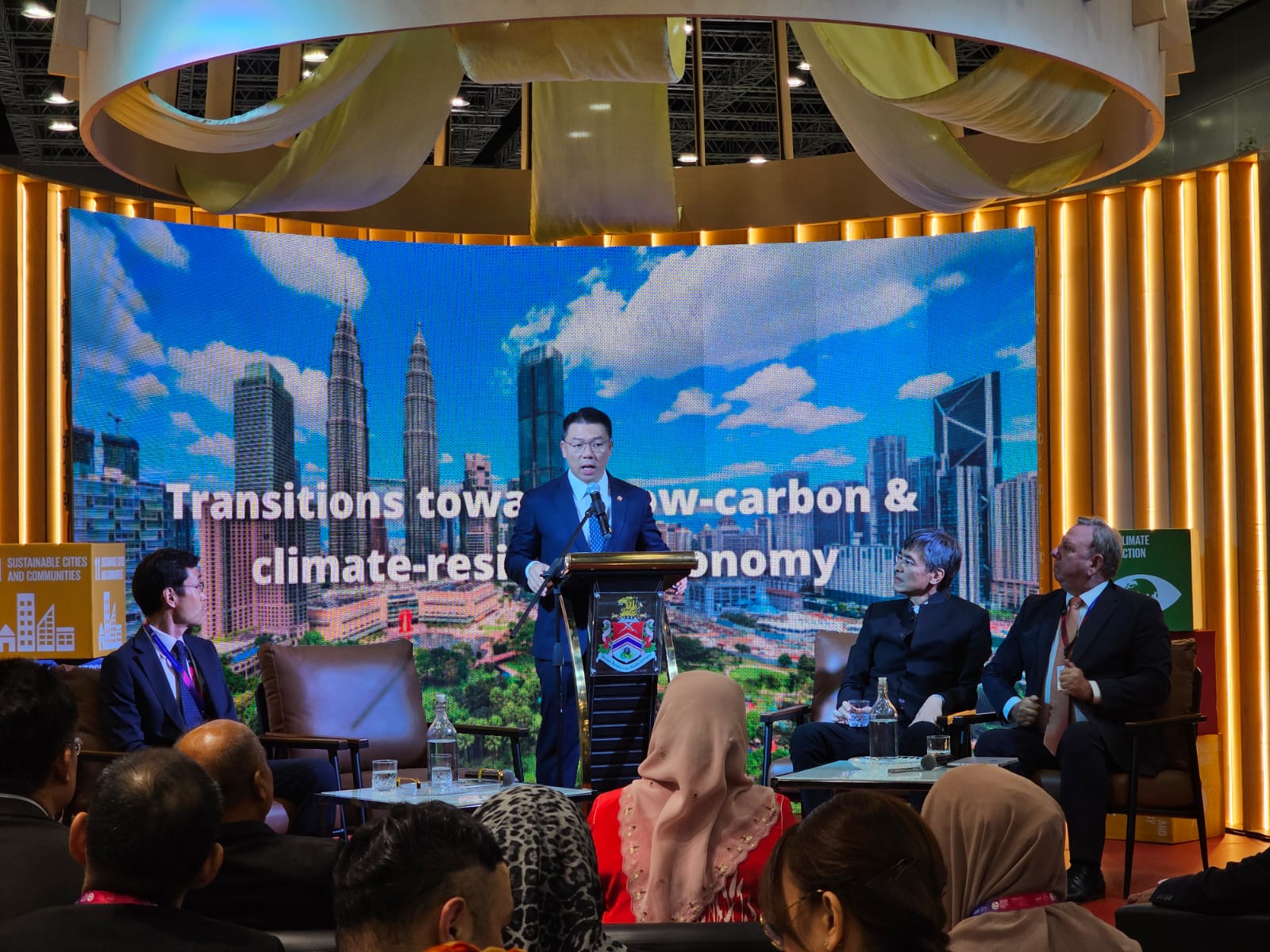
Nga Kor Ming, Minister of Housing of Malaysia and the President of the UN-Habitat Assembly, addresses the opening of the Kuala Lumpur Town Hall COP. Photo credit: ICLEI.
Meanwhile, Kiribati hosted the first Town Hall COP in the Pacific region. The event took place in Tarawa, in a traditional maneaba meeting house, reflecting Kiribati’s cultural community governance system. Notably, the meeting was attended by the President of Kiribati, numerous Ministers, as well as the Australian and New Zealand High Commissioners, together with community leaders, demonstrating the highest level of multilevel collaboration.
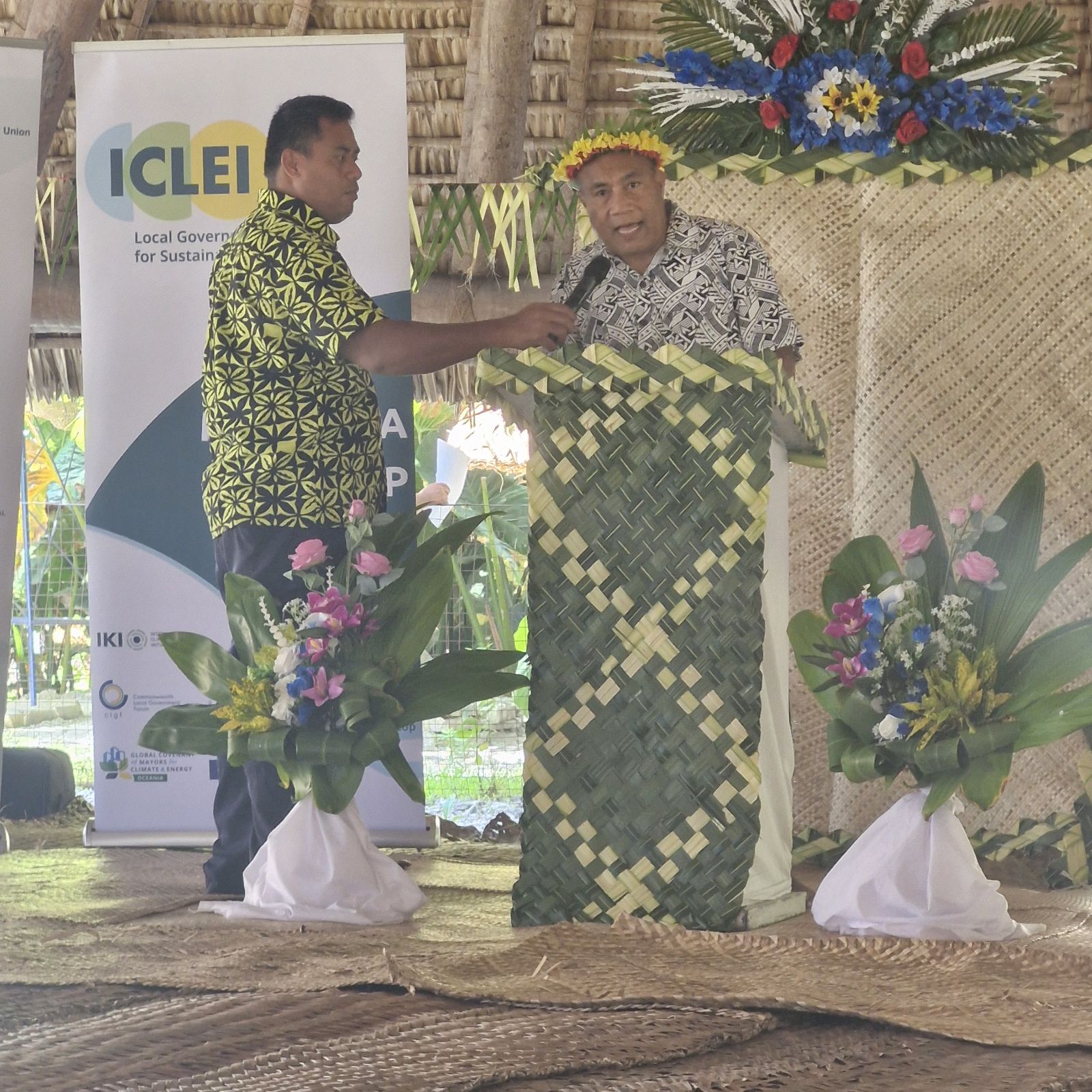
Mr. Taneti Maamau, President of Kiribati, opening the event. Photo credit: ICLEI.
As a result, the event adopted the Ikarekebai Declaration, calling for a “collective responsibility” in addressing the climate emergency from both major emitters and Kiribati’s community. It highlights the urgent needs such as food and water security, coastal protection, resilient housing, and cultural preservation.
Malaysia and Kiribati’s commitments to the Town Hall COP Initiative signal growing recognition of the vital role local actors play in shaping national and global climate agendas. These efforts add to South Africa’s leadership as the first national government to officially endorse the initiative as a platform for creating inclusive national climate plans.
Other communities are stepping up too: Nairobi’s Town Hall COP, convened by the Ufanisi Research Network, brought together over 150 local and international stakeholders to steer climate action in Kenya’s capital. Izmir’s Town Hall COP focused on adaptation to extreme weather, food resilience, and waste management, while highlighting the importance of gender equity, youth inclusion, and stronger alignment between local and national climate strategies. The outcomes were consolidated into a local declaration feeding into the broader Town Hall COP process, positioning Izmir as a pioneer of locally-led climate diplomacy in Türkiye.
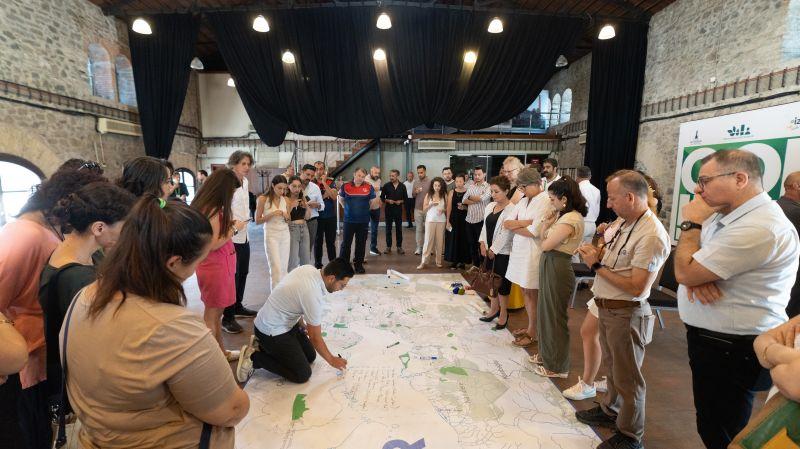
Community members and local leaders discussing climate change adaptation during the Izmir Town Hall COP. Photo credit: Izmir Metropolitan Municipality.
Scaling up fast and meaningfully
The energy behind these events is earning serious traction. South Africa’s national government recently endorsed the initiative – the first country to do so – leading ICLEI to invite further national-level support for integrating local climate priorities into national plans.
Designed to feed outcomes into national climate strategies, Town Hall COPs serve as building blocks for the UNFCCC process through ICLEI’s role with the Local Governments and Municipal Authorities (LGMA) Constituency. They have become powerful proof points for multilevel climate governance, turning global climate dialogues into local action.
Why every city and local leader should host one
Every mayor, every municipal council should consider organizing a Town Hall COP. Here’s why:
- Amplify local voices: These events bring climate policy into community living rooms, not just conference halls, ensuring policies reflect lived realities.
- Build shared ownership: Collaborative conversations build trust between citizens and decision-makers, strengthening democratic climate processes.
- Shape national plans: Your city’s climate concerns can be elevated into national commitments, making your voice count on the world stage.
- Ignite momentum: As more cities join the global Town Hall COP movement, they create collective weight that can shift national and international climate agendas.
In a world where climate impacts unfold locally, Town Hall COPs are proving that meaningful climate leadership starts and grows from the ground up.



